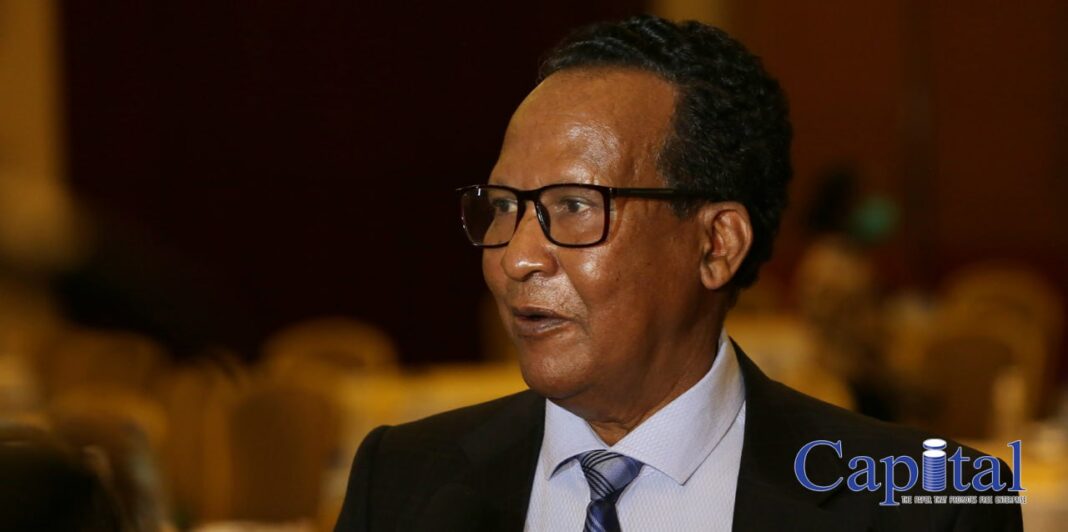The National Bank of Ethiopia (NBE), the country’s central bank, is expected to revise the maximum ratio of non-performing loans (NPLs) for financial institutions participating in its digital lending program. Dashen Bank, a leader in mobile lending through Ethio Telecom’s Telebirr super app, is awaiting NBE’s approval to launch mobile lending on its new platform.
Currently, NBE regulations require Ethiopian banks to maintain their NPLs below 5% of their total loan portfolio. This mandate forces banks to actively manage their loan portfolios to ensure compliance.
However, banking industry analysts argue that the government should reconsider the NPL cap if it is serious about achieving its financial inclusion goals.
They suggest that the NBE is aware of the need to relax these regulations, especially for mobile lending initiatives.
Experts have mentioned that the regulatory body is reevaluating its directives in this regard.
Yohannes Million, Chief Digital and Information Officer at Dashen Bank, emphasized that mobile lending is crucial for financial inclusion and is gaining traction in Ethiopia.
He highlighted that Dashen Bank, a frontrunner in technology-driven banking and mobile lending, has disbursed over 14 billion birr in loans through Telebirr, the country’s first mobile financial services app.
Yohannes confirmed that the NBE recognizes the necessity of reconsidering the NPL cap for loans issued under mobile money programs.
He stressed the importance of expanding access to credit, stating, “One of the key reasons to increase the number of borrowers is the Telebirr scheme.”
Yohannes pointed out that while the number of bank credit accounts had stagnated at around 400,000 for many years, the figure has now surged to millions, including many with very small loans. He underlined that a society familiar with accessing credit, repaying loans, and engaging in business transactions is vital for driving economic development.
To promote greater financial inclusion, Yohannes urged the government to create a more favorable environment for the financial sector by lowering NPL requirements for tech-based microfinance schemes, as seen in other countries, including neighboring nations.
He argued that a higher NPL rate would not adversely affect the banking industry, as increased public familiarity with credit systems would lead to better repayment practices. “When the public gains experience, it becomes easier for them to use and repay credit rather than defaulting,” he explained.
Yohannes also noted that digital payment systems are increasingly used for taxes and public service payments, which reduces the likelihood of defaults. He added that individuals who fail to repay loans would be blacklisted, preventing them from accessing similar services in the future. This, he said, would encourage responsible borrowing and repayment behavior.
In addition to its collaboration with Telebirr, Dashen Bank has recently launched its own Super app, the first of its kind in the banking sector, which will also provide mobile lending services.
Yohannes stated that one of the bank’s main objectives is to encourage customers to rely more on digital platforms instead of visiting branches for their banking needs.
The Super app includes a variety of innovative banking and payment solutions, along with customer chat functionality, all designed to simplify the user experience.
“The majority of the solutions on the platform are globally competitive, and its features are cutting-edge,” Yohannes noted. He also mentioned that the app has been well-received since its launch, and Dashen Bank is committed to leading the way in introducing neo-banking services to the public.
Currently, 50% of Dashen Bank’s customers no longer visit branches due to the convenience of its technology-based services.
Yohannes emphasized the importance of encouraging more customers to adopt modern banking systems, which have proven effective in enhancing customer satisfaction. “We aim to continue setting the standard for digital banking in Ethiopia,” he concluded.







